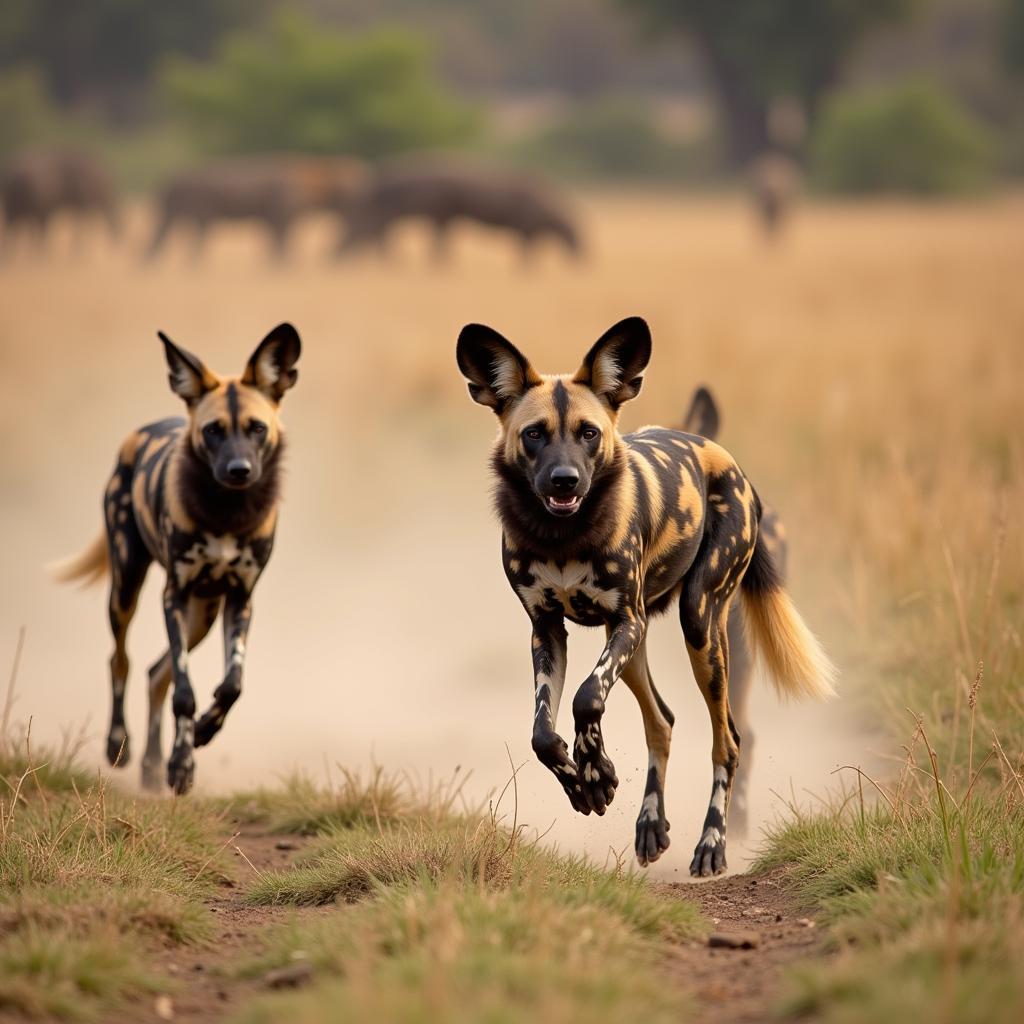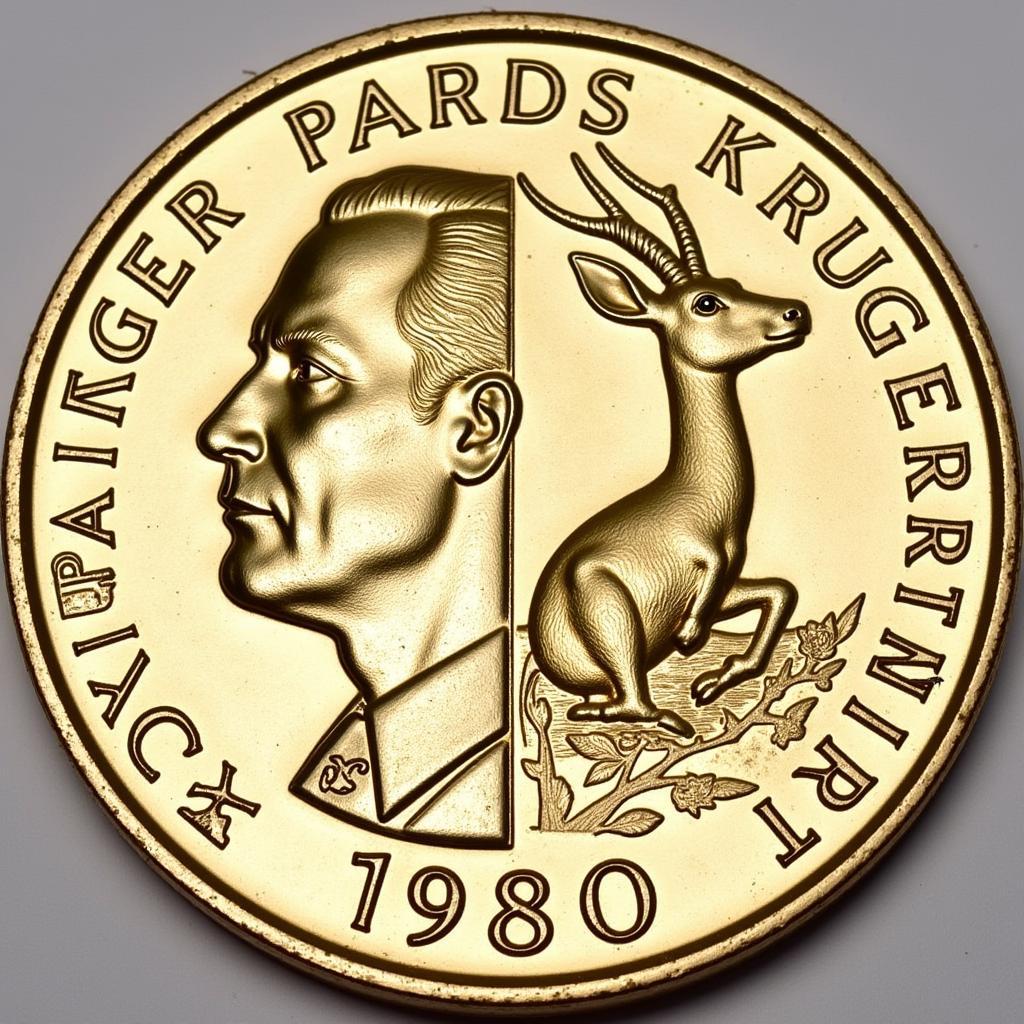African Wild Dogs and Family Planning: A Surprising Connection?
When we think of “family planning,” images of human families often come to mind. However, in the wilds of Africa, a fascinating parallel exists in the social structure of African wild dog packs. While not directly comparable to human family planning methods, these canids exhibit unique reproductive strategies that contribute to their survival in the harsh African landscape.
The Alpha Pair and Cooperative Breeding
African wild dogs, also known as painted wolves, live in tightly knit packs dominated by an alpha male and female. This alpha pair holds exclusive breeding rights, ensuring only their genes are passed on within the pack. This might seem like a recipe for conflict, but the other pack members, often siblings or offspring from previous litters, play a crucial role in raising the pups.
This system, known as cooperative breeding, is a fascinating example of kin selection in action. By helping raise their relatives, non-breeding pack members contribute to the survival of their shared genes. The alpha female usually gives birth to a large litter, often as many as 10-12 pups. Raising such a large litter would be impossible without the support of the pack.
Limiting Factors and Pup Survival
While the alpha pair produces the pups, the pack’s resources, including food availability and territory size, dictate how many pups survive to adulthood. This natural regulation acts as a form of “family planning.” In years of scarcity, the number of surviving pups may be lower, ensuring the pack does not outstrip its resources. Conversely, during times of abundance, more pups may survive to adulthood, increasing the pack’s size and strength.
The Importance of Social Structure
The African wild dog’s social structure, with its clear hierarchy and cooperative breeding system, plays a significant role in its survival. By limiting reproduction to the alpha pair and sharing the burden of pup-rearing, the pack ensures the optimal number of pups survive each year. This natural regulation of population size helps maintain a balance between the pack and its environment.
Conservation and the Future of African Wild Dogs
Sadly, African wild dogs are an endangered species, facing threats from habitat loss, human conflict, and disease. Understanding their unique social structure and reproductive strategies is crucial for their conservation.
 African wild dogs on the run
African wild dogs on the run
By supporting organizations dedicated to protecting these incredible creatures, we can contribute to the long-term survival of African wild dogs and ensure future generations can marvel at their remarkable social dynamics and “family planning” adaptations.
